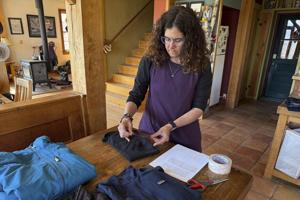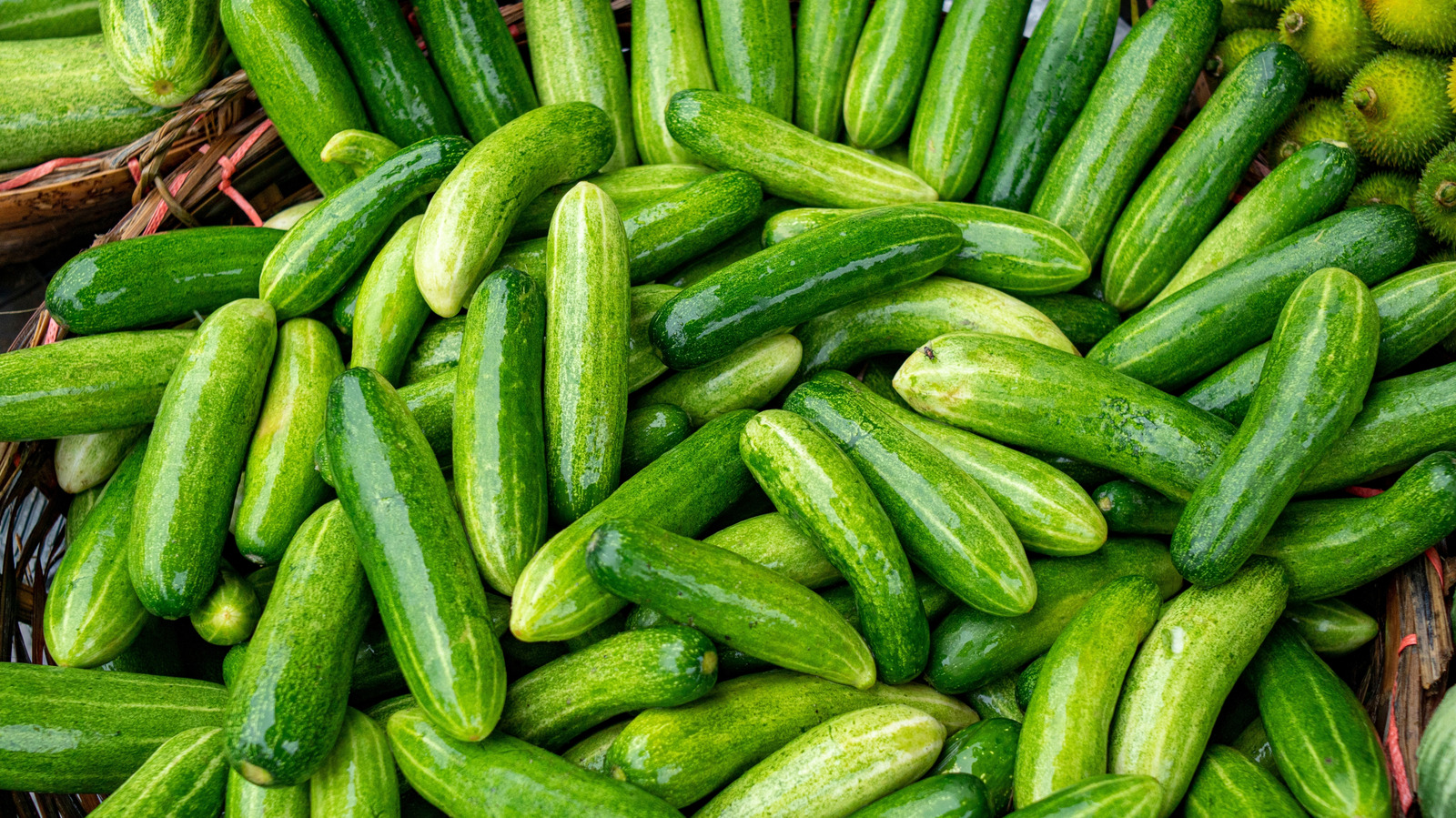The food we consume has a significant impact on our wellbeing, and some foods can reduce your risk of illness . While we often associate a healthy diet with maintaining a certain weight, our food choices can also affect our likelihood of developing serious and chronic conditions such as heart disease, high cholesterol, diabetes, and even cancer. According to recent findings, some food might lower the risk of developing bowel cancer , a condition that's becoming increasingly common globally.
A "global phenomenon" has been noted, particularly among younger individuals, with a substantial rise in cases reported in England , according to a new paper published in The Lancet Oncology. Bowel cancer, also known as colorectal cancer, is currently the third most commonly diagnosed cancer and the second leading cause of cancer-related deaths. The researchers note that in 2022, it accounted for over 1.

9 million new cases and approximately 904,000 fatalities worldwide. There has been a steady increase in the incidence of colorectal cancer among adults under 50 since the 1990s, with a corresponding rise in mortality rates among the younger population. Conversely, cases among older adults have decreased, primarily due to increased screening and lower smoking rates, reports Surrey Live .
While the underlying causes of this increasing trend in cases are unclear, certain factors that contribute to an increased risk of colorectal cancer include obesity, physical inactivity, and smoking. "Some of those have become more common over the last 45 years, along with this rise in early-onset cases," said Phil Daschner, a program director in the USA's National Cancer Institute (NCI). The NCI says on its website, "Most of the discussions about the possible causes of early-onset disease converged on three interrelated factors: diet, bacteria in the gut and inflammation.
There's mounting evidence linking an unhealthy diet - in particular, one high in processed meat and fat, and low in fruits and vegetables - to early-onset colorectal cancer. Likewise, several studies have found that being overweight or obese may raise someone's chance of getting early-onset colorectal cancer." The link between what you eat and cancer risk is too vital to ignore, according to Gastroenterologist Joseph Salhab who highlighted his top picks for cancer-fighting fruits including watermelon, apples, kiwi, and citrus.
And it's backed by research a compelling 2023 World Journal of Gastroenterology study "found that a higher intake of citrus, apples, watermelon and kiwi was negatively associated with the risk of colorectal cancer." According to a recent study, regularly consuming watermelon could reduce your risk of colon cancer by 26%. Dr.
Salhab explains that the antioxidant-rich fruit is not only hydrating but also contains lycopene, an antioxidant that may protect against cell damage. The old saying "an apple a day keeps the doctor away" might hold some truth. The study showed that a higher intake of apples, which are rich in fiber and polyphenols, can decrease the risk of colon cancer by 25%.
Dr. Salhab also highlighted their "antioxidant and anti-inflammatory effects." Kiwi, packed with fiber and vitamin C, supports gut health, immune system, and heart health.
It was found to reduce the risk of bowel cancer by 13%. Citrus fruits such as oranges, grapefruits, lemons, limes, and tangerines were found to lower the risk by 9%. According to the gastroenterologist, these fruits are "rich in vitamin C, an antioxidant that can neutralise free radicals, potentially reducing DNA damage.
" The NHS - National Health Service in England - lists symptoms of bowel cancer as including: Changes in your poo, such as having softer poo, diarrhoea or constipation that is not usual for you Needing to poo more or less often than usual for you Blood in your poo, which may look red or black Bleeding from your bottom Often feeling like you need to poo, even if you've just been to the toilet Tummy pain A lump in your tummy Bloating Losing weight without trying Feeling very tired for no reason Bowel cancer can cause anaemia (when you have fewer red blood cells than usual), which can make you feel very tired, short of breath and have headaches. It's crucial to keep in mind that many of these symptoms can also be caused by other common and less serious health issues. However, if these symptoms persist for three weeks or more, the NHS advises you to see a doctor.
DAILY NEWSLETTER: Sign up here to get the latest news and updates from the Mirror US straight to your inbox with our FREE newsletter..
Food

Four common fruits that could reduce your risk of cancer including watermelon

Colorectal cancer is the third most commonly diagnosed cancer and the second leading cause of cancer death. Certain food choices might lower the risk of developing the disease















